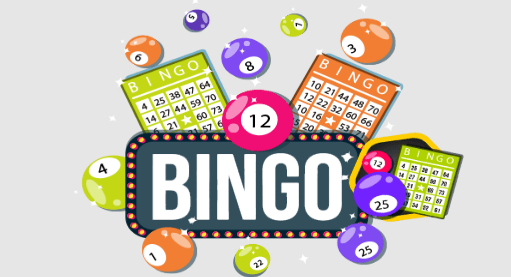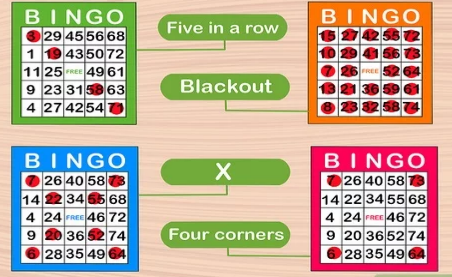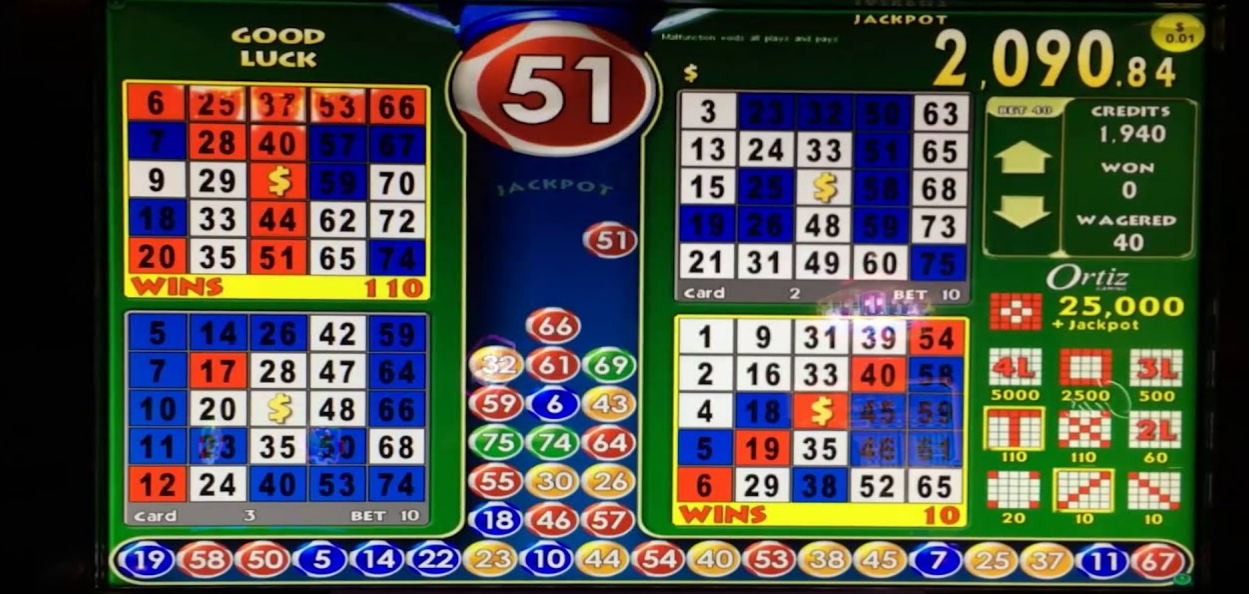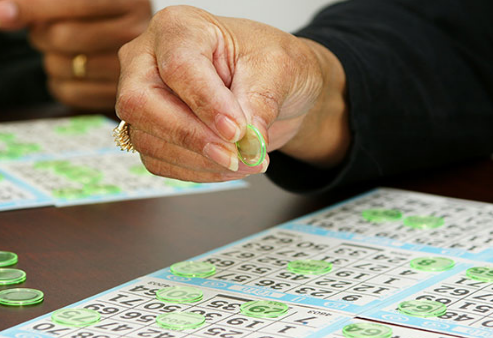Bingo is predominantly a game of luck. The numbers are drawn randomly and each player has an equal chance of having their numbers called. While there are strategies, such as playing with multiple cards or selecting games with fewer players, that some believe can increase the odds of winning, the inherently random nature of the game dictates that luck plays a more decisive role than skill.

The Randomness in Bingo
Bingo is a game where numbers are drawn randomly and players match those numbers on their bingo cards. The first player to form a specific pattern on their card with the drawn numbers is declared the winner.
Role of the Bingo Machine
In traditional bingo games, a bingo machine is used to draw the numbers. The machine contains balls numbered from 1 to 75 or 90 (depending on the variant of the game).
Luck vs Strategy
As the number draw is completely random, there is no possible way for players to predict or influence which number will be drawn next. Hence, bingo is largely considered a game of luck, not strategy.
Statistical Analysis of Bingo
By analyzing bingo from a statistical standpoint, we can gain insights into the probabilities and odds involved in the game.
Probability of Winning
The probability of winning in bingo depends on the number of cards in play. If you have more cards, you have a higher chance of winning. However, as the draw is random, it doesn’t guarantee a win. Here is a link to a more in-depth look at probability theory.
Odds of Getting a Specific Number
In a standard game with 75 balls, the odds of any specific number being drawn first are 1 in 75. For the next number, the odds are 1 in 74, and so on.
Strategic Aspects of Bingo
Although widely considered a game of luck, there are elements of strategy that some players believe can improve their odds in a bingo game.
Playing with Multiple Cards
One common strategy is to play with multiple bingo cards. However, managing multiple cards can be challenging and requires a certain level of skill.
Choosing the Right Game
Some players believe choosing games with fewer players increases the odds of winning. However, games with fewer players often provide smaller prizes. It’s a strategic decision each player has to make based on their preference for winning odds or prize size.
Is There a Winning Strategy?
Whether or not a winning strategy for bingo exists is a matter of debate.

Influence of Randomness
Given the randomness of number drawing in bingo, no strategy can guarantee a win. Each draw is independent, and previous draws do not influence future outcomes. Thus, there’s no foolproof winning strategy for bingo, reinforcing the belief that it’s predominantly a game of chance.
The Granville Strategy
One proposed bingo strategy is the Granville Strategy, developed by financial writer Joseph E. Granville. He suggested choosing cards with numbers as close to the median number as possible. While this strategy is popular, its effectiveness in increasing the odds of winning is not scientifically proven.
Bingo vs Other Games of Chance
Bingo is often compared to other games of chance, such as lottery games or slot machines. The primary similarity lies in the role of luck as the determining factor in winning.
Bingo and Lottery
Both bingo and lottery games involve players trying to match randomly drawn numbers. However, unlike the lottery, bingo involves some degree of interaction and social engagement, as players often play in groups.
Bingo and Slot Machines
Bingo and slot machines both provide an immediate thrill of instant win possibilities. However, bingo offers a slightly higher level of control to players as they have the option to select different cards or play with multiple cards.

Bingo vs Skill-Based Games
In contrast to games of chance, skill-based games like chess or poker depend more on the player’s ability than random luck.
Bingo and Chess
In games like chess, the player’s strategy and tactical decisions heavily influence the outcome. Chess requires deep thinking and planning ahead, while bingo relies primarily on the random drawing of numbers.
Bingo and Poker
Poker, while involving a degree of chance in the draw of the cards, allows skillful players to influence the outcome through betting strategy and reading opponents.
The Thrill of Chance
The unpredictability and the excitement of chance play significant roles in the enjoyment of bingo.
The Allure of Uncertainty
Bingo, like other games of chance, offers the thrill of uncertainty. The unpredictability of the game results heightens anticipation and excitement.
Instant Gratification
Bingo also offers the allure of instant gratification. The joy of being the first to call out “bingo” provides an immediate reward for the player.
Cognitive Skills Required for Bingo
While bingo is primarily a game of chance, certain cognitive skills can enhance the playing experience.

Alertness and Speed
Playing bingo requires a certain level of alertness. This need for speed and precision can make bingo a mentally stimulating game.

